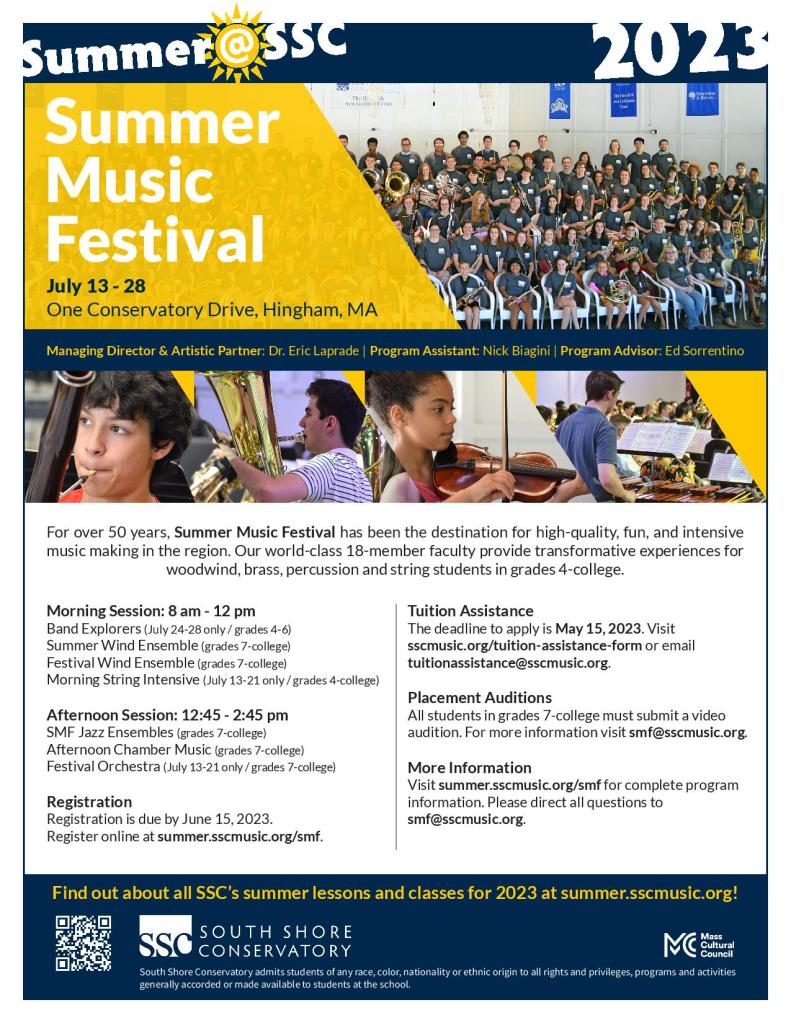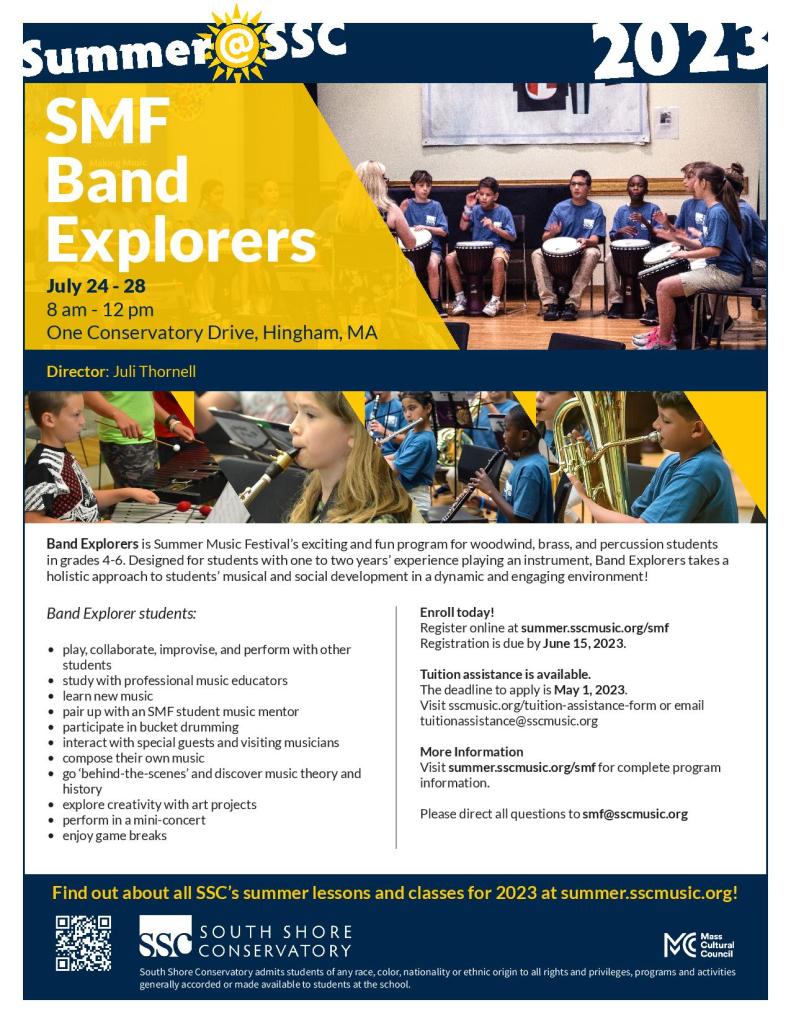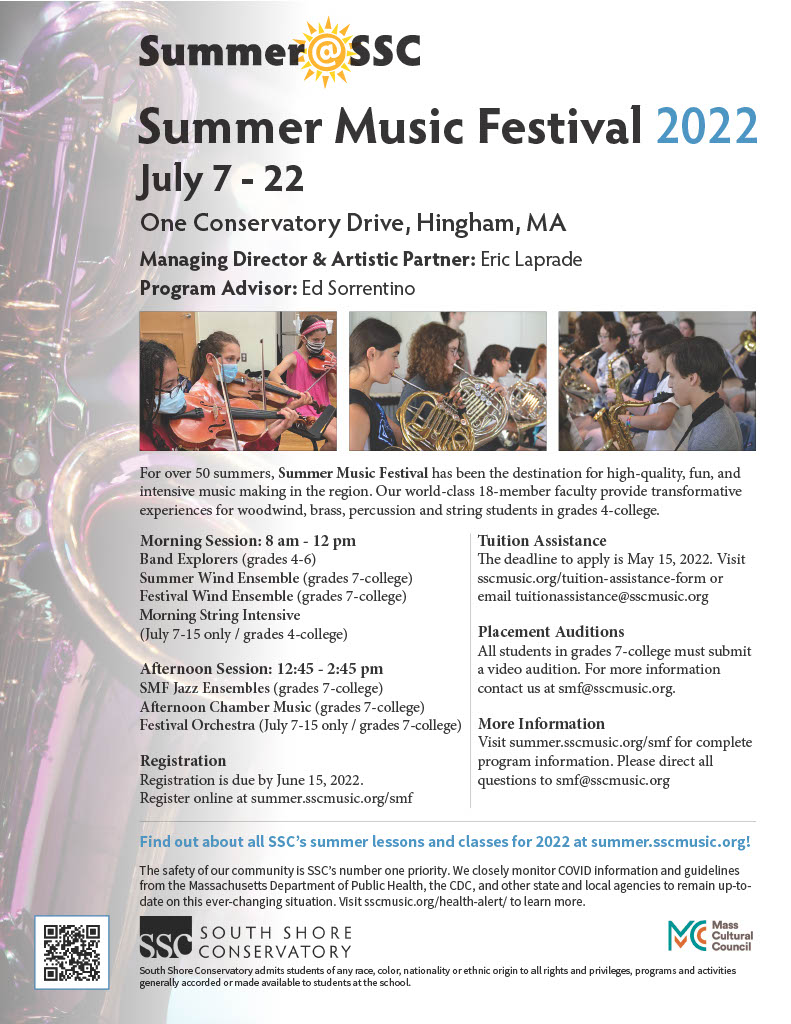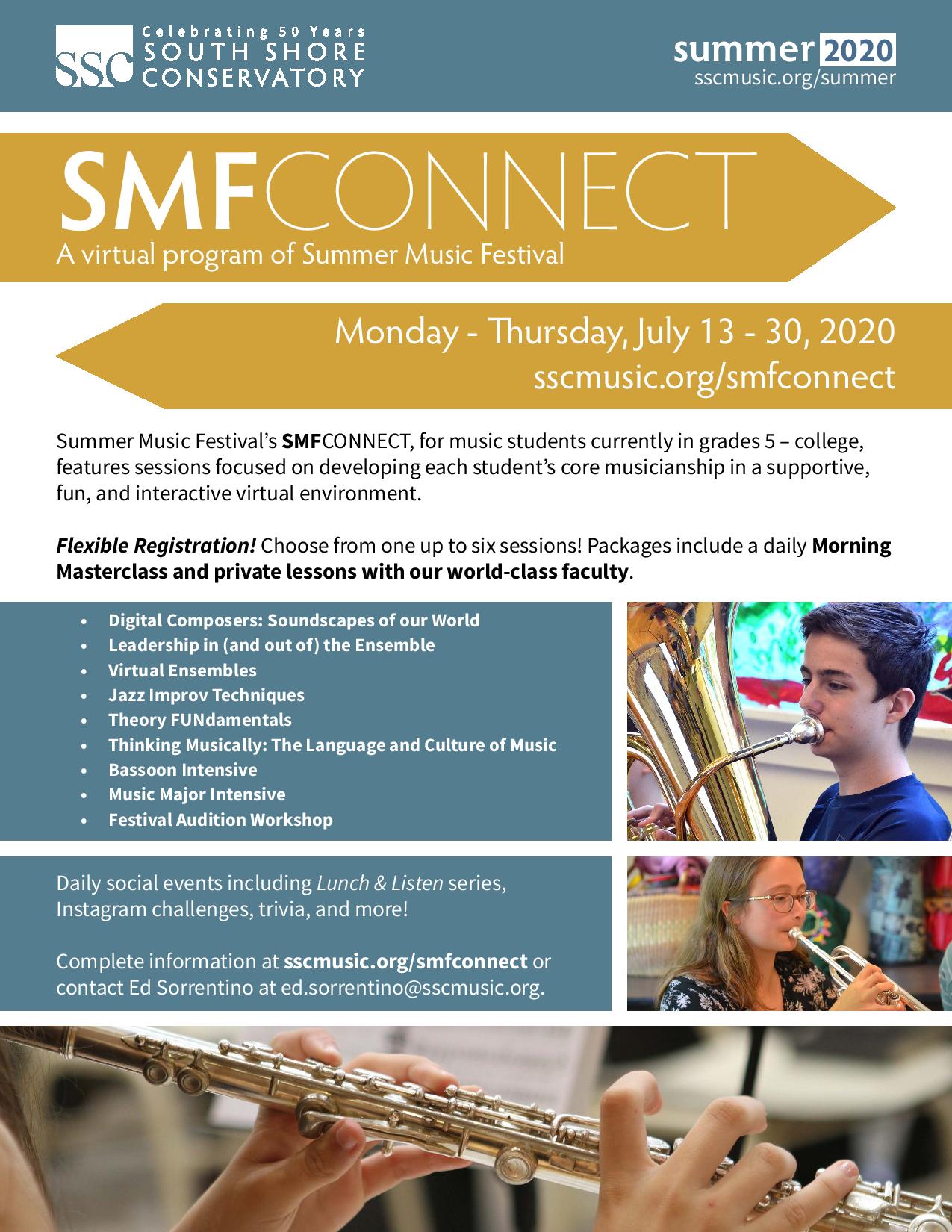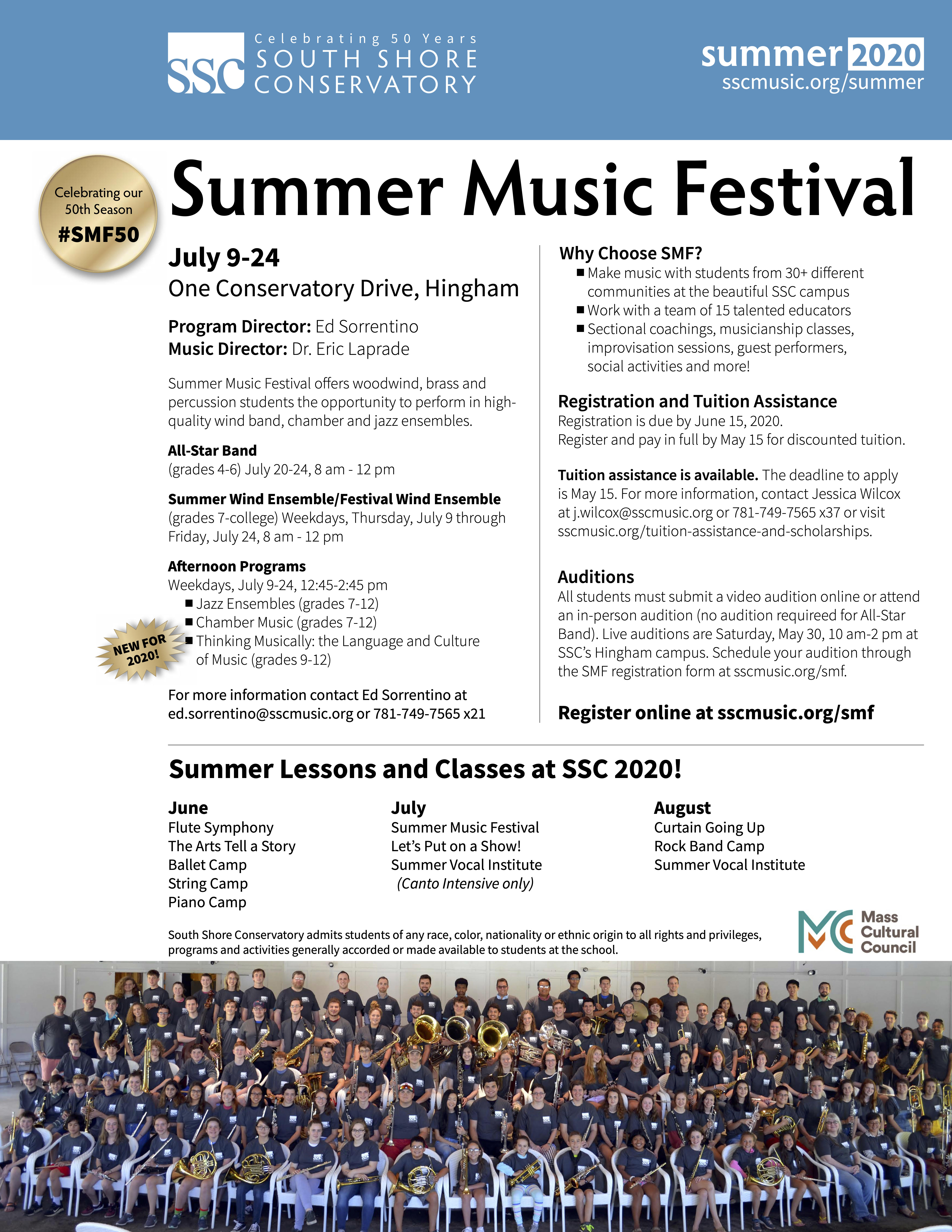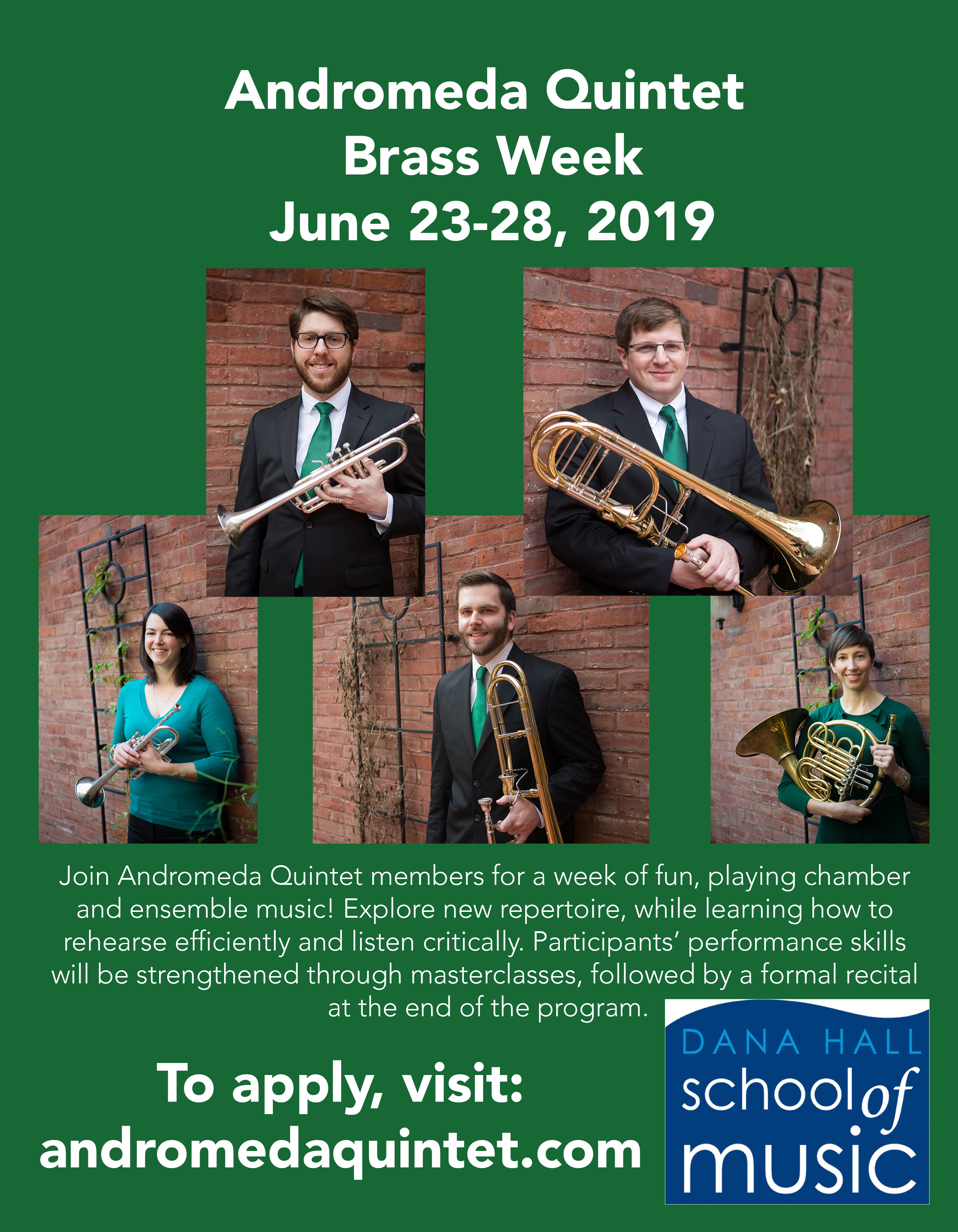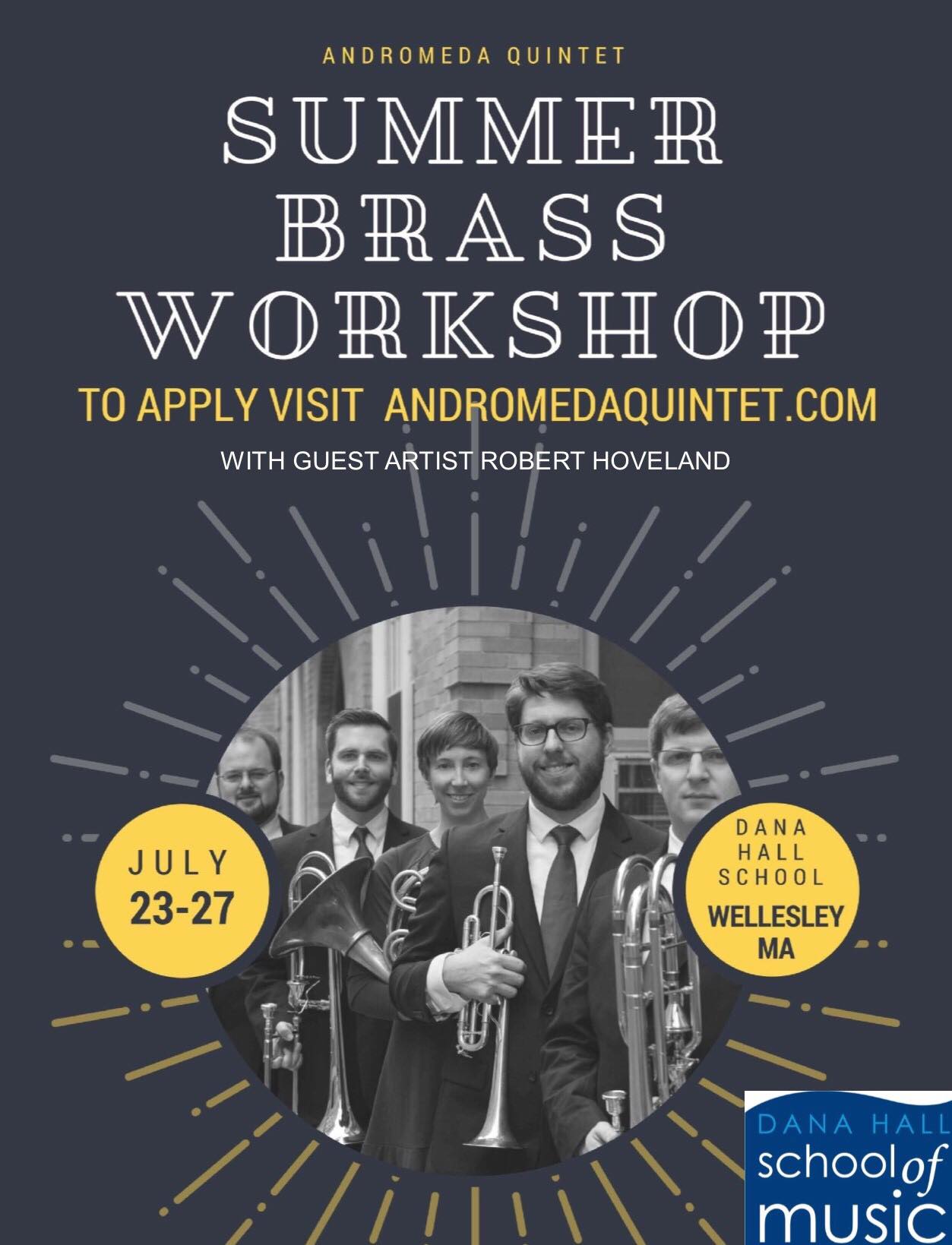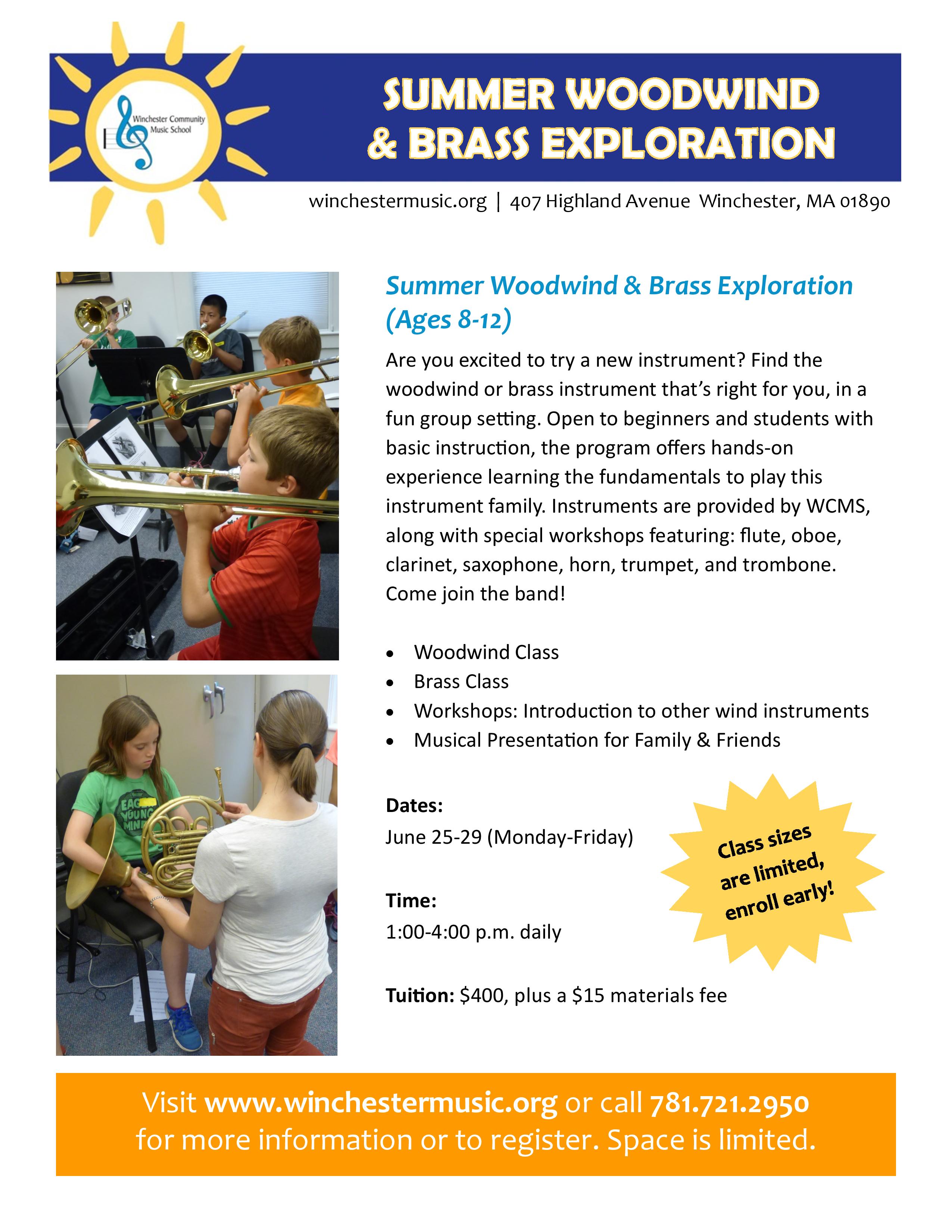
As we settle into fall, and lessons have begun, this is a good time to review the tools that music students need for home practice. Many teachers (myself included) will place bulk orders for their students, so parents can simply buy directly from teachers. This can allow teachers to pass on bulk discounts to families, and ensure that everyone has the correct supplies. Nonetheless, it can be helpful to have an overview and explanation of what your student needs.
1. An instrument
This one is obvious, but it’s worth mentioning that there are a few different ways to acquire one. Many beginning students opt to rent an instrument for the first couple of years, or if they’re lucky, their school will have an instrument for them to borrow or rent. While renting is a convenient and low-commitment solution, it can become quite expensive over time. Once students have played for a couple of years, then I encourage families to consider purchasing an instrument. Beware the ISOs (Instrument-Shaped-Objects) that are often found on eBay, Craigslist, etc. – please consult your private teacher before taking the plunge! Most of us are more than happy to offer advice, try out instruments, etc. Also, before buying an instrument, it’s worth asking relatives and friends if they have anything kicking around in storage. Again, check with your teacher before going ahead with it, but you might be pleasantly surprised by what you find.
2. An appropriate chair
Students of all ages and instruments benefit from a chair that facilitates good posture, while being relatively comfortable. This is particularly important for horn, since the bell may need to rest on the chair (for small beginning students), or the leg. The ideal chair allows the student to sit with their feet touching the ground, with their knees and hips level (or hips slightly higher than knees) – definitely nothing with wheels, or arms. Piano benches are great if you already have one, but any lightly padded chair of the right height will do.
3. A music stand
Stands are important because they allow the student to maintain good posture while reading the music. Affordable folding stands can be found on Amazon, or better yet at your local music store – ask your teacher for their favorite place to shop. Alternatively, if you have a piano or keyboard at home, the student can practice in front of the piano – it’s not a great option for some instruments, but it works well for horn.
4. Instrument maintenance supplies
For brass players this includes valve oil, slide grease, mouthpiece brush, and a snake. Many rental instruments come with some of these supplies, so check before buying anything to see what you need. Again, a teacher will be happy to recommend their favorite brands, and teach the student how to maintain their instrument.
5. A metronome and tuner
A metronome and tuner are essential to refining musicianship – I use mine daily! There are two basic options available: a stand-alone tuner/metronome, or an app. Each has pros and cons – a stand-alone device is a little more expensive, but it’s easy to use, hard to break, and distraction free! The Korg TM50 is a good basic one. Apps are cheaper, but in order to use one you need to have access to a phone or tablet, as well as plenty of discipline to avoid getting side-traced. I like Tonal Energy Tuner, but there are others as well.
6. A notebook and pencil
These two simple items will take you far in your musical career. Many teachers require their students to have a notebook, which usually contains notes from the week’s lesson, and a practice log for students. Just like in any other subject, a music lessons notebook allows student and teacher to communicate smoothly, and stay organized. A pencil is essential, particularly for ensemble playing. Musicians are expected to mark their parts with any instructions from the conductor, as well as correct mistakes in their private practice.
With these items in hand, and good attitude, students will be well on their way to a great year. Happy practicing!
